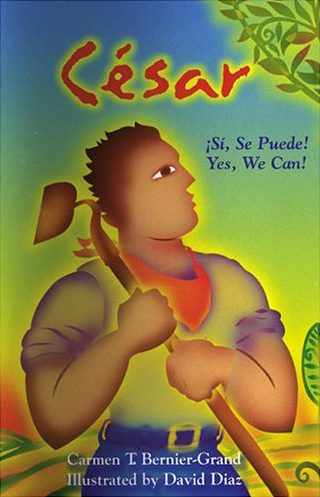Over this semester my thinking on diverse and multicultural literature has changed a lot. At the beginning of the semester I wasn’t sure what qualified as multicultural literature. In addition, the main thing that I was ignorant about was how crucial it is to evaluate the piece of literature to see if it is quality and avoids stereotypes. I think that before I foolishly thought that the majority of literature was ok to use. Looking at a lot of literature now, I realize that I need to do my research as to if it is truly quality. I am now much more aware of what qualifies as a quality piece of multicultural literature. In addition, I have learned what characteristics to look for in texts. For example, I now consider the author and analysis what perspective they might be taking. When thinking about authorship I consider whether they are an insider or an outsider to the perspective that they are writing about. I have come to the conclusion that a lot of the times either being an insider or someone who has had close contact with that group, often leads to authentic literature. However, I still think that you have to be careful because there still could be inaccuracies in an insider’s literature.
Another aspect of trying to find quality literature that I have enjoyed is learning all the different ways to find multicultural literature. For our final project, I learned just how hard it is to find the literature that you are looking for sometimes. I have found that librarians can often be helpful. In addition, I have learned when using the library’s catalog it is the most useful to search under many different names and titles of whatever category you are looking for before you give up your search, because often times you will find what you are looking for. I also enjoyed learning about all the different awards. I feel that this is a great way to select multicultural books. Also, learning about Amazon and how to learn about and find different multicultural book has been very helpful. I also look at the books that Amazon recommends. Multicultural literature is often in short supply therefore, learning all these different way to select and find literature to evaluate was a great tool to learn this semester.
In the future, I look forward to continuing my search for quality multicultural literature. I will continue to try to find quality and recently published books that I can use in my classroom. I will continue to evaluate each piece of literature to check for its inaccuracies. In addition, I would like to use the tools that I have learned and teach them to my students so that they can also find quality multicultural literature. I think that teaching my own students would be a great tool for them to have to learn how to evaluate a piece of literature. I have had a great semester, and I am fortunate for all I have learned this semester.
Questions I still have:
-how many inaccuracies or stereotypes in a book make it non quality?
-If a book is offensive to some and not to others, how do you decide if it should go in your classroom?


